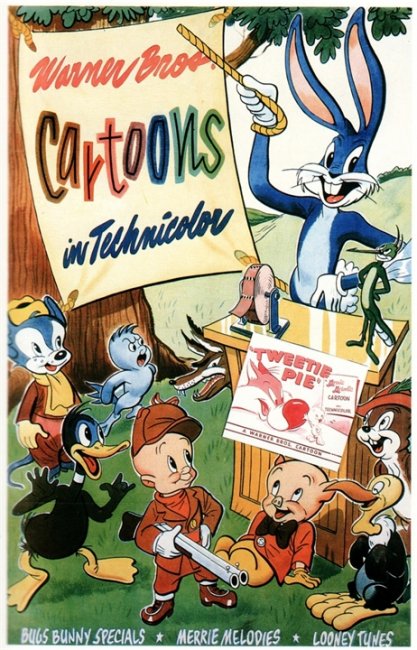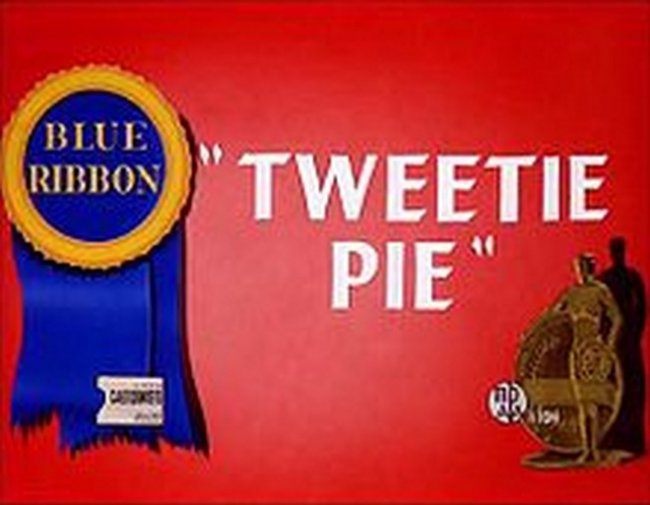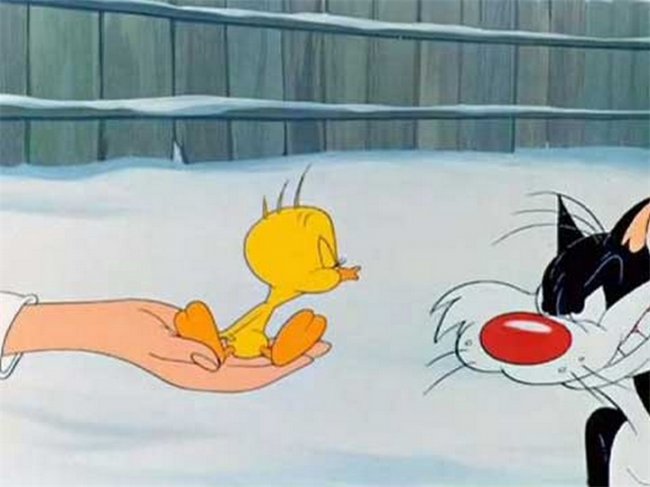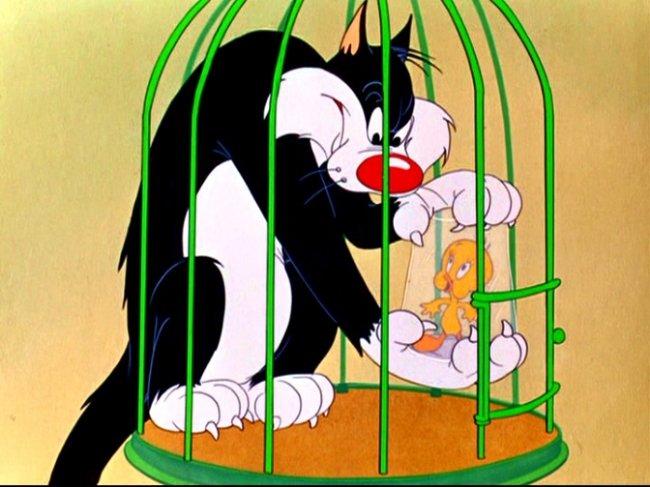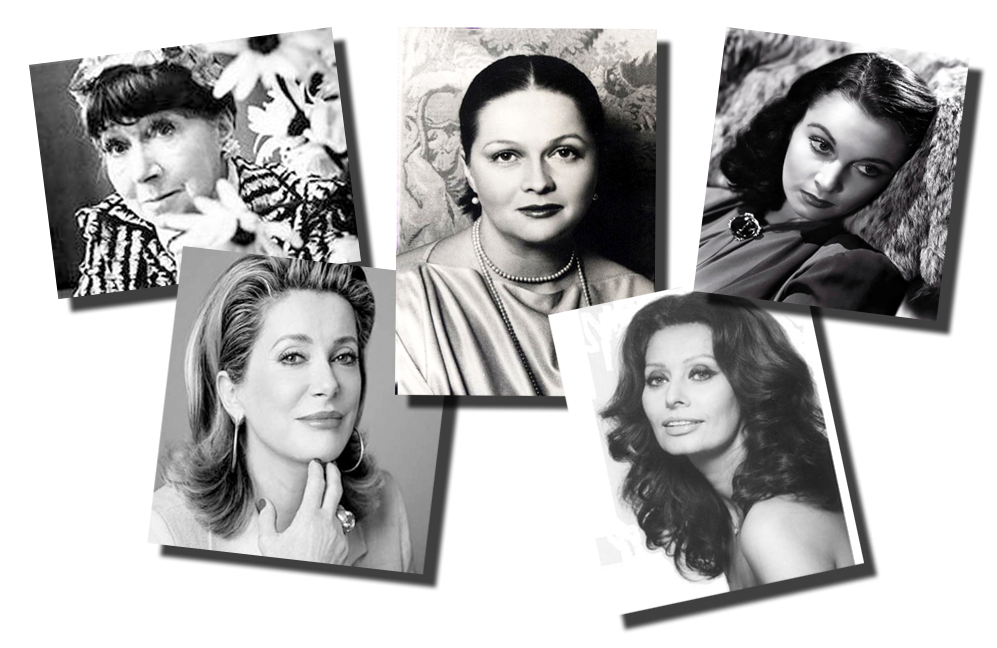ОСКАР. 1948 Лучший корот. анимац. фильм. Пирог из Твити (Tweetie Pie) - Трейлеры

Tweetie Pie is a 1947 Merrie Melodies cartoon directed by Friz Freleng and produced by Warner Bros. Cartoons, depicting the first pairing of Tweety and Sylvester.
ОСКАР. 1948 Лучший корот. анимац. фильм. Пирог из Твити (Tweetie Pie)
Allegedly, when Tweety's creator, director Bob Clampett, left the Warner Bros. studio in 1946, he was working on a fourth film starring Tweety, whom he would pair with Friz Freleng’s Sylvester, who previously appeared with Porky Pig in his cartoon Kitty Kornered (released in 1946). This is probably not true as Clampett's unit was taken over by Art Davis, rather than Freleng. Freleng adopted the Tweety project and merged it with a project he was working on—a follow-up to his second Sylvester cartoon, Peck Up Your Troubles, featuring Sylvester in pursuit of a witty woodpecker. When Freleng decided to replace the woodpecker with Tweety, producer Eddie Selzer objected, and Freleng threatened to quit. Selzer allowed Tweety to be used, and the resulting film went on to win WB's first Academy Award for Best Short Subject (Cartoons) which Selzer accepted. After Selzer's death, the Oscar was passed on to Freleng. The cartoon would also go on to become a phenomenal success, and Tweety would always be paired with Sylvester from that point on as a result, because the duo carried a high amount of star power (in the meantime, Sylvester continued to appear in a fair amount of cartoons without Tweety).
ОСКАР. 1948 Лучший корот. анимац. фильм. Пирог из Твити (Tweetie Pie)
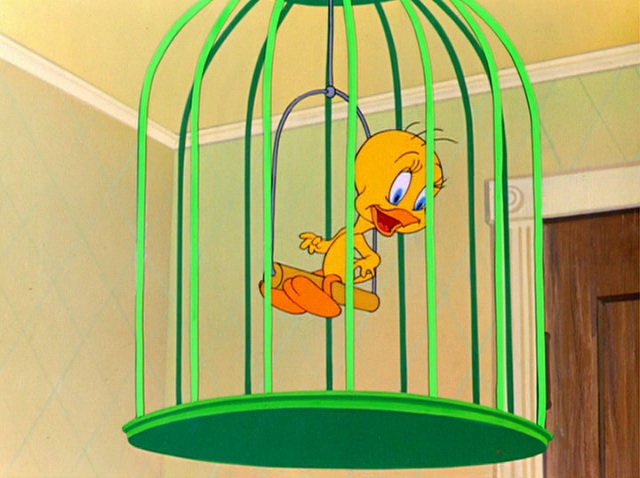
This cartoon, like many from the period, was reissued in the 1950s as a "Blue Ribbon" release, with all titles and credits replaced. However, some a.a.p. prints are known to contain the original audio of the film, albeit with the Blue Ribbon titles (of note, this was only one of two Sylvester/Tweety pairings to be sold to a.a.p., the other being I Taw a Putty Tat, which was named after one of Tweety's catchphrases – it, too, was given a Blue Ribbon reissue). In August 2011, a black-and-white print of the original opening credits was found by animation historian David Gerstein.
Понравилось:
Автор: Raleigh
Комментариев: 0
Надо знать.
Биография Джастина Бибера -
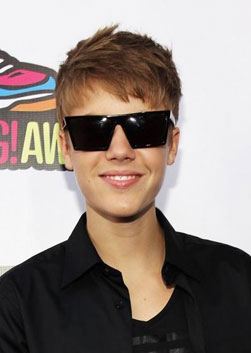
Биография Джастина Бибера Джастин Дрю Бибер – поп-певец из Канады, прославившийся после вирусного ролика с композицией собственного сочинения «One Time» на Youtube. Является одним из самых молодых и высокооплачиваемых исполнителей современной музыкальной индустрии. → Певец Джастин Бибер Детство
→ Подробнее:)

Мы в соц. сетях
Актёры и режиссёры
Разместить рекламу
Сегодня
«Всё о Шоу Бизнесе» - самые популярные новости кино.
Начнем с того, что на сайте общаются сотни людей, разных религий и взглядов, и все они являются полноправными посетителями нашего сайта, поэтому если мы хотим чтобы это сообщество людей функционировало нам и необходимы правила.
Мы настоятельно рекомендуем прочитать настоящие правила, это займет у вас всего минут пять, но сбережет нам и вам время и поможет сделать сайт более интересным и организованным. Начнем с того, что на нашем сайте нужно вести себя уважительно ко всем посетителям сайта.
Не надо оскорблений по отношению к участникам, это всегда лишнее.
Лучшие посты
Недавние посты
Сегодня в топе



